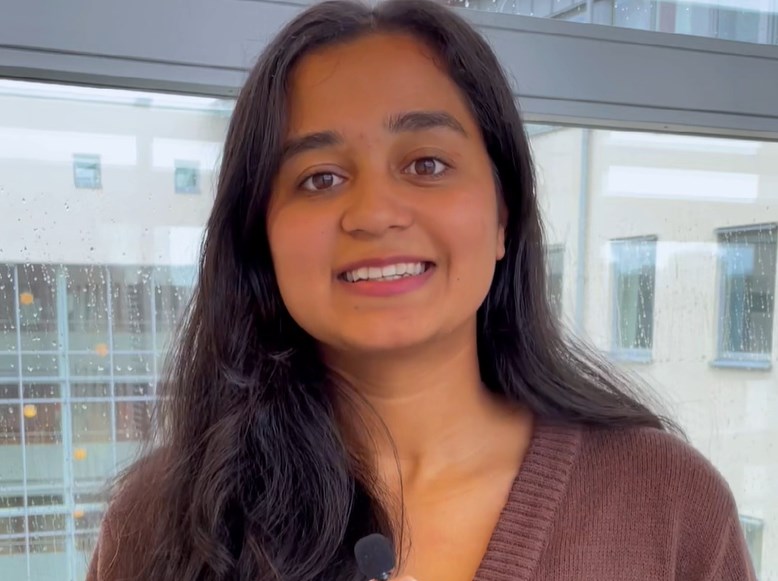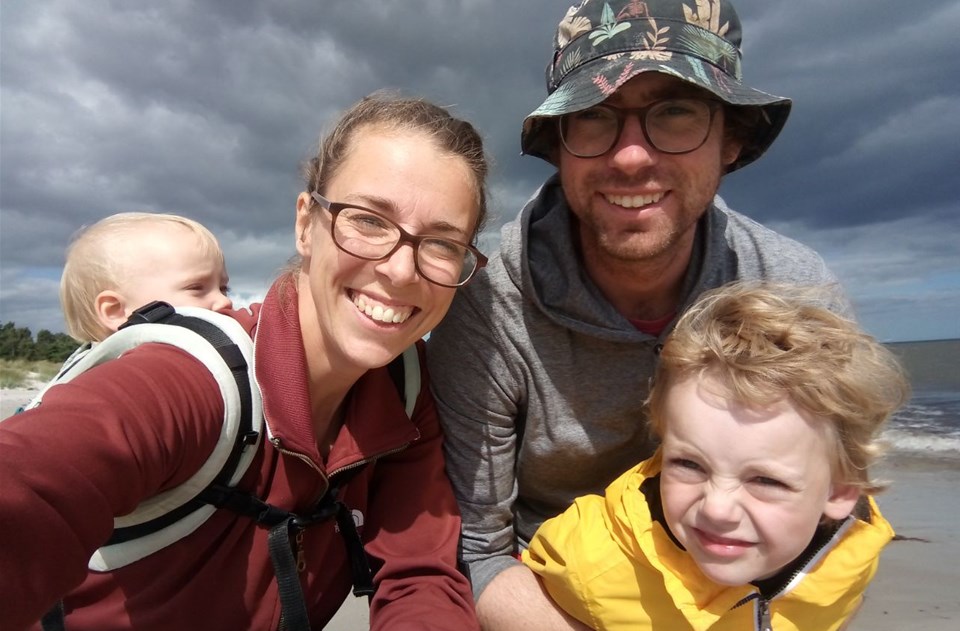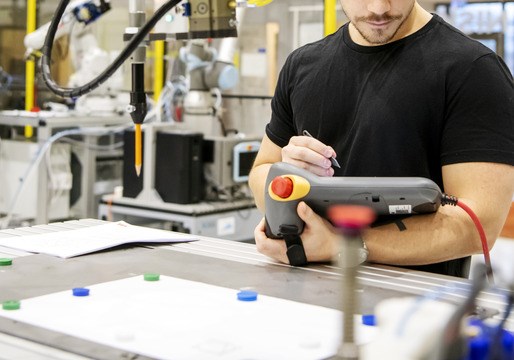Why this programme expand_more
Work integrated learning
University West is Sweden’s leading university when it comes to work-integrated learning (WIL). The university was tasked with the development of WIL by the Swedish government 15+ years ago and continues to lead the field today. WIL offers you a focus on problem-based learning for industry, with real projects from our research groups and partner companies.
- Courses developed in partnership with industry: Your training is influenced by the real-world needs of our partner companies. Upon graduation, you will be qualified as a highly skilled and in-demand mechanical engineer.
- Learn from company experts: Throughout your studies, you will have opportunities to engage with and learn from company experts through guest lectures, on-site study visits and collaborative experiments.
- Industrial placement course: Earn credit while working for an international company over 1-2 semesters during your third year. You will spend 50% of your time working in a company in Europe, Asia or South America and 50% studying at a partner university in the same country.
- International thesis work: You can also opt to complete your final thesis within your industrial placement.
Access to experts and advanced laboratories
Your instructors are based in the active research of Production Technology West (PTW). This research group is internationally recognised for work in production processes in the manufacturing industry. These experts will use an applied approach related to production engineering in your courses.
As an International Mechanical Engineering student, you will have access to our Production Technology Centre (PTC) through your courses, projects and thesis work. PTC is home to PTW and one of the largest and most updated manufacturing laboratories in Sweden.
This collaborative platform offers a unique collection of advanced industrial research technologies:
- World-leading welding technologies
- Additive manufacturing/3D printing technologies
- Cutting-edge thermal spraying
- CNC milling and turning equipment
- Measurement and control systems for in situ monitoring and inspection
- Advanced materials processing and characterisation
- Non Destructive Testing (NDT)
- Robotics and automation
Testing and characterisation equipment:
- Microstructural inspection and microanalysis including optical microscopy and scanning electron microscopy
- Geometrical and surface topography assessment using 3D profilometry
- Phase analysis using X-ray diffractometry
- Mechanical testing including microhardness mapping, tensile and fatigue at room and high temperatures
- Thermomechanical simulation and testing using a Gleeble Welding Simulator
- Weldability testing using Varestraint (variable-restraint) technique
- Wear, corrosion and electrochemical investigations in various environments at room and high temperatures
- Non-destructive testing using ultrasound, X-ray, infrared camera and eddy current
- Machining dynamics measurement and test equipment (rotating and stationary dynamometers, impact hammers, accelerometers, etc.)
Multidisciplinary approach
Manufacturing is undergoing a shift from isolated optimised cells in factories to fully integrated systems. Traditional mechanical engineering programmes no longer prepare engineers to meet the needs of industry. Nowadays, there are new competences expected for the new engineers: factory of the future, industry 4.0, lifelong learning, future production, additive manufacturing, big data management, among others, are hot topic concepts, and we need to prepare multidisciplinary engineers to cope with the current and future industrial needs and to be flexible to adapt to changes. That is the reason for our multidisciplinary focus in the programme.
International industry placement and study abroad
You will have the option to spend 1-2 semesters of your third year abroad in Europe, Asia or South America jointly with a corporate and university partner.
The programme also offers opportunities for international exposure in the form of study abroad for semester exchange and summer schools at one of our partner universities.
You will complete your industrial placement while continuing to build your theoretical knowledge at a partner university. You will then complete your bachelor’s thesis in collaboration with your choice of the following:
- Your original international industrial placement company
- Another location within the same company (multinational, such as Volvo, with branches in China, India, Europe, etc.)
- A second international company
- An international academic partner
- University West’s PTW
You may also choose to stay in Sweden for your industrial placement. In Sweden, you’ll have the choice between working with a Swedish company or within the University West’s PTW.
Small-scale and personal
University West offers an intimate campus environment without the usual barriers between academic staff and students. Here, your professors are easily accessible to answer questions, hold discussions and provide individual feedback. The teacher-to-student ratio is higher than at most comparable programmes at other universities.
While large universities have several focus areas, University West’s small size and high quality allow us to dedicate focus and resources to mechanical engineering. This ensures a high-quality programme as well as a warm and friendly atmosphere.
International environment
Students from around the globe come together in your programme to create a unique and international environment. The programme is fully taught in English, and you will study together with students from Sweden as well as countries in Asia, Europe and South America.
Most of your instructors have international experience in both research and education. This will enhance your cultural experience and English-language proficiency.
This is complimentary to the option to spend time in an industry placement abroad at one (or more) of our partner companies and universities during your third year.
A strong job market
The job market for mechanical engineers is extremely good. Multidisciplinary, high-skilled engineers such as graduates from this programme are very sough after.
As an example, Sweden’s need for engineers with a background in electric vehicles will be 30,000 in the next coming years. There is a very high demand for mechanical engineers in Sweden.
With training in this rapidly expanding field of technology where innovation is prioritised, you will have the choice between advanced studies or a career in industry, both in Sweden and abroad.
Sustainable development
University West’s clearly states that sustainability is an important developement area, in all its three dimensions: economic, social, and environmental.
Trough the programme the students will gain knowledge that promotes sustainability awareness in connection to their future endeavors. Within the field of logic control engineering, in materials’ selection, and in their thesis work, the students will design and evaluate products, processes, and systems i relation to economical, social, and ecological sustainable development. Sustainability is also a key element that naturally arises as a result of the programmes regular interaction with industry.







